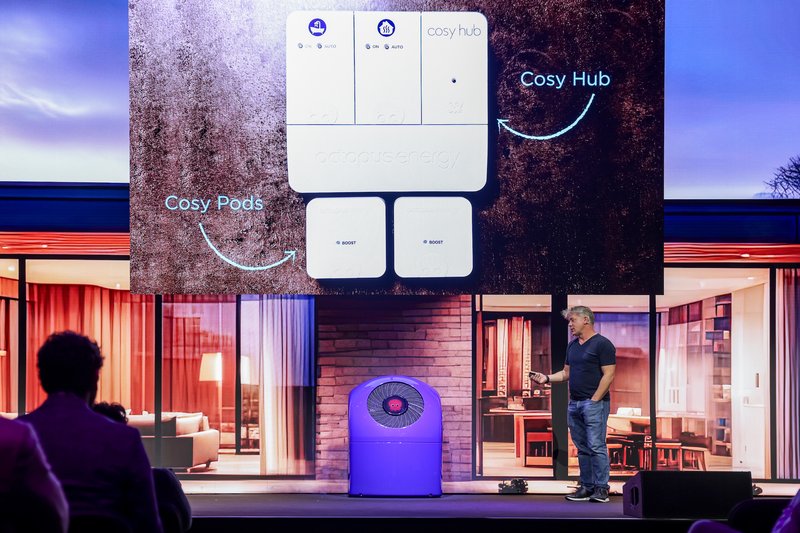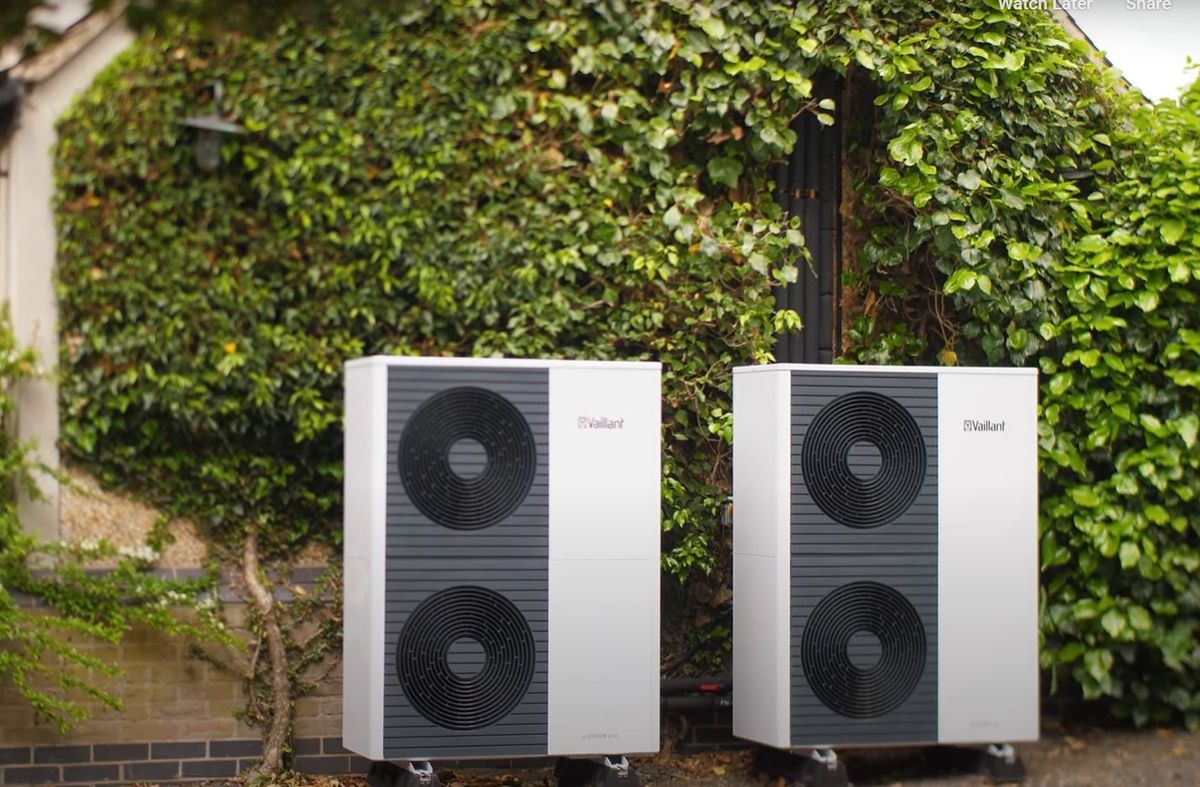Numbers of heat pump installations are predicted to triple in 2024 by Octopus Energy in a boost to UK hopes of reaching net zero goals.
During an Environmental Audit Committee (EAC)’s inquiry MPs were told this was due to declining costs involved with installing heat pumps, as well as new advances making more homes suitable for the energy-efficient heating system.
This could mean ground and air source heat pump installations could dramatically increase this year with some costing as little as £500.
100,000 homeowners on waiting list for heat pumps
Octopus Energy gave evidence to a government committee stating they predict heat pump installations to triple in 2024.
Rachel Fletcher, director for regulations and economics, Octopus Energy, gave evidence to the committee for ‘Enabling sustainable electrification of the UK economy’ stating: “We remain very optimistic about achieving the Government’s targets of reaching a net zero electricity system by 2030. The technology is largely there.”
An Octopus spokesperson also revealed to Homebuilding & Renovating: “UK customer interest in heat pumps is very high – we’ve already got 100,000 customers waiting to get one installed – and we only see this going further up as prices come further down through economies of scale, efficiencies and lower transport costs.
“We expect to install several thousands heat pumps in 2024 – 2-3 times the numbers installed in the last 12 months – including our very own UK built heat pump model ‘Cosy Octopus’.”

Heat pump installations could cost just £500
Octopus also revealed a large reason for these predicted installations is the declining costs of heat pumps, which they claim could be reduced to just £500.
An Octopus spokesperson said: “This year, we anticipate most heat pumps that we install will have a total installed cost of £5-8k. This means that, after the Boiler Upgrade Scheme (BUS) most customers will get a heat pump for less than £500 – or even for free. We are already quoting customers within this range.”
Rachel Fletcher stated: “Big picture, we need to make this transition one that customers want to go on, not necessarily because they care about the planet but because it is the cheapest way to run their lives.
“Heat pumps are a case in point. We will very quickly get to the point where if your gas boiler is broken it will be a no-brainer to replace it with a heat pump, not because the Government tells you to or because it is good for the planet but because it is the cheapest thing to do.
“If you are operating that heat pump flexibly, you could be saving a couple of hundred quid extra a year.”
High-temperature heat pumps removing barriers to installations
High-temperature heat pumps were also put forward as a way of removing barriers towards heat pump installations during the committee meeting.
Caroline Lucas, former Leader of the Green Party and current MP for Brighton, Pavilion, queried: “The bit I am struggling with is that from what I have discovered, certainly if you are talking about Victorian housing stock, for example, of which we have loads, the amount of money you are going to have to spend on double glazing and possibly throwing out your radiators and starting again with different sorts of radiators is massive.
“It is fine to look at the lowering cost of the actual heat pump but when you need all of these other things alongside to make it work properly.”
Rachel Fletcher responded: “Part of the solution is high-temperature heat pumps. One of the reasons so many homes need a lot of insulation or are not at all suitable for a heat pump currently is because… a lot of heat pumps operate at much lower temperatures than gas boilers.
“The heat pumps that we are now producing are high-temperature. They deliver hot water out of the system at the same temperature as your gas boiler will. That might not work for every single Victorian home, but it certainly opens up the suitability of heat pumps to a much wider set of properties.”

